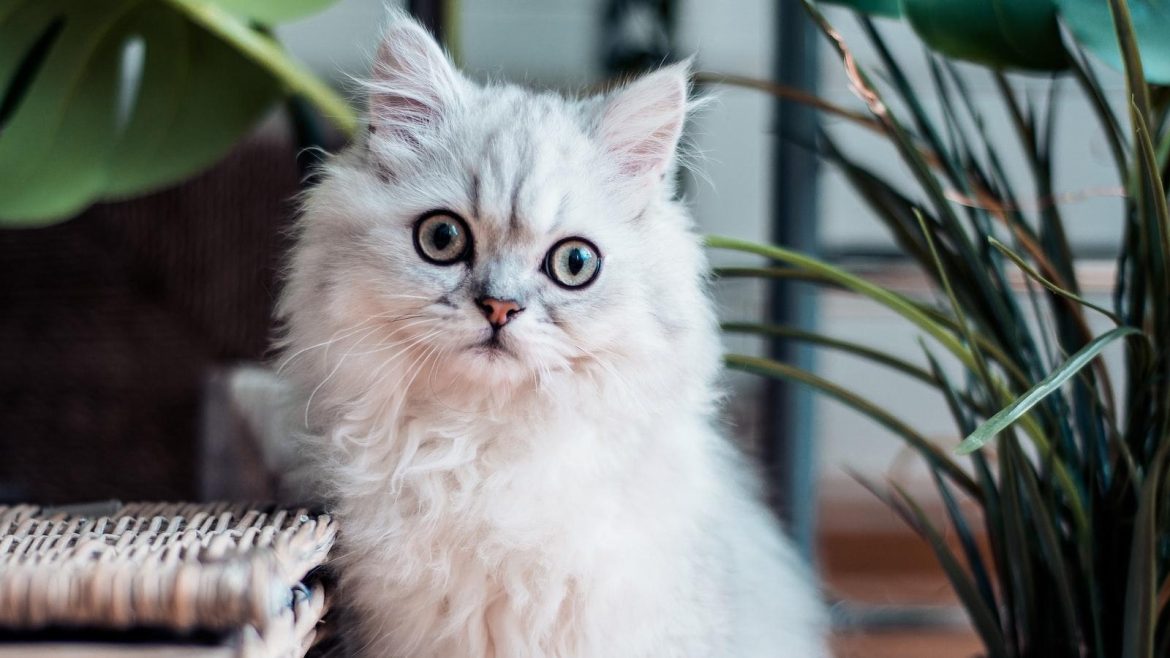Imagine a world where the wagging tails and gentle purrs of our beloved pets are replaced by virtual paws and digital meows. A universe where the responsibilities of pet ownership are condensed into neatly packaged programs on our screens. This is the age-old dilemma we face today: does the arrival of virtual pets, namely Spark and Slack, signal a captivating revolution of endless fun and companionship, or does it mark the decline of real-life pet duties? Join us as we embark on an extraordinary journey to unbox this perplexing dilemma and uncover the truth behind the captivating allure of these elusive creatures. Journey with us into the realm where technology meets companionship, and let us guide you through the labyrinth of dilemmas surrounding the age-old question: are virtual pets the fancy fun we yearn for, or the very epitome of pet neglect?
Fancy Fun vs Real Responsibilities: Exploring the Virtual Pet Phenomenon and Its Implications
In today’s fast-paced world, virtual pets have emerged as a trendy alternative for those seeking the companionship of a furry friend without the commitment of real-life responsibilities. These adorable pixelated creatures, found in popular mobile apps and online games, offer a delightful escape from the mundane routines of everyday life. With their vibrant colors, customizable features, and playful interactions, virtual pets have carved a niche in our hearts, captivating millions of users worldwide.
Virtual pets provide a plethora of entertainment options, ranging from dressing them up in exquisite outfits to engaging in exciting mini-games together. The appeal lies in their accessibility, allowing us to nurture and care for them anytime, anywhere. However, as we plunge deeper into the fascinating world of virtual pets, we are forced to confront a crucial question: are these ethereal companions merely fancy fun or an indication of our society’s gradual detachment from the responsibilities of pet ownership?
On one hand, virtual pets present an ideal solution for individuals with busy lifestyles or those unable to commit to the demanding tasks associated with real pets. They relieve the burden of daily care, cost, and possible allergies. Virtual pet owners can experience the joy of companionship without sacrificing personal freedom or constantly worrying about their pet’s welfare. As a result, this generation of digital pets has the potential to spark a new way of forming connections and fulfill our innate need for affection, albeit in an unconventional way.
On the other hand, the rise of virtual pets raises concerns about the potential negative impacts on society’s relationship with animals. Are virtual pets replacing the genuine emotional connection that comes with engaging with living creatures? Could this growing trend lead to a decline in environmental awareness and empathy towards real animals? As we explore the implications of the virtual pet phenomenon, we must critically examine the balance between the advantages of fancy fun and the essential responsibilities that come with caring for a living being.
In a world where technology continues to shape the way we live, work, and play, it is crucial to weigh the benefits and consequences of virtual pet ownership. Whether you find yourself engrossed in the allure of virtual companionship or pondering the implications for society, join us in unboxing the dilemma of virtual pets—fancy fun or the end of pet duties?

Unleashing the Debate: Should Spark or Slack Replace Traditional Pet Duties?
As technology continues to advance, the question arises: should virtual pet platforms like Spark or Slack replace traditional pet duties? This debate has sparked a lively discussion among pet owners and animal enthusiasts alike. On one hand, Spark offers a range of interactive and lifelike digital pets that provide endless entertainment and companionship. With a variety of species to choose from, users can customize their virtual pet experience, from feeding and grooming to interactive playtime. The convenience of Spark allows pet owners to enjoy the benefits of pet ownership without the responsibilities and commitments that come with a real pet. On the other hand, Slack proponents argue that virtual pets cannot replace the genuine love and connection that comes from owning and caring for a real animal. The bond between humans and their furry companions goes beyond a virtual screen, with the physical presence and tangible interactions providing emotional support and a sense of responsibility. While Spark and Slack offer unique experiences, the debate remains: should we embrace the convenience of virtual pets or continue to cherish the traditional duties of pet ownership?
As we navigate through the ever-evolving realm of technology, the dilemma of virtual pets has sparked a debate. With options like Spark and Slack paving the way to a new era of pet ownership, we find ourselves pondering a fundamental question: are these digital companions a fancy fun solution or the end of our pet duties?
The allure of virtual pets is undeniable. Spark, with its bright, vibrant world and pixelated creatures, offers a taste of whimsy that is hard to resist. Its customizable features and interactive games make it a delightful experience for all ages. Meanwhile, Slack captures our hearts with its realistic animations and lifelike behaviors, providing a sense of companionship and emotional connection that perhaps traditional pets cannot offer.
Yet, we must exercise caution in our embrace of these digital marvels. While virtual pets offer convenience and a lower commitment level, they cannot replace the joys and responsibilities that come with owning a living creature. The daily walks with a loyal companion, the playtime chasing after a ball, and the heartwarming feeling of unconditional love cannot be replicated in a virtual world.
The rise of virtual pet ownership raises questions about our evolving relationship with technology. Are we trading genuine connections for temporary fixes? Are we slowly distancing ourselves from the natural world by substituting its wonders with digital creations?
In the end, the decision lies with each individual. Whether you choose to embrace the pixelated adventure of Spark or be comforted by the lifelike presence of Slack, it is vital to remember that virtual pets can never fully replace the joy and depth that traditional pets bring to our lives. They may provide moments of amusement and companionship but should be seen as supplements rather than substitutes for the real thing.
So, as we unbox the dilemma of virtual pets, let us embrace the wonders of technology while still cherishing the responsibilities and blessings that come with traditional pet ownership. It is our duty to ensure that we strike a balance between the virtual realm and reality, savoring the joys of both and cherishing the unique experiences they have to offer.


